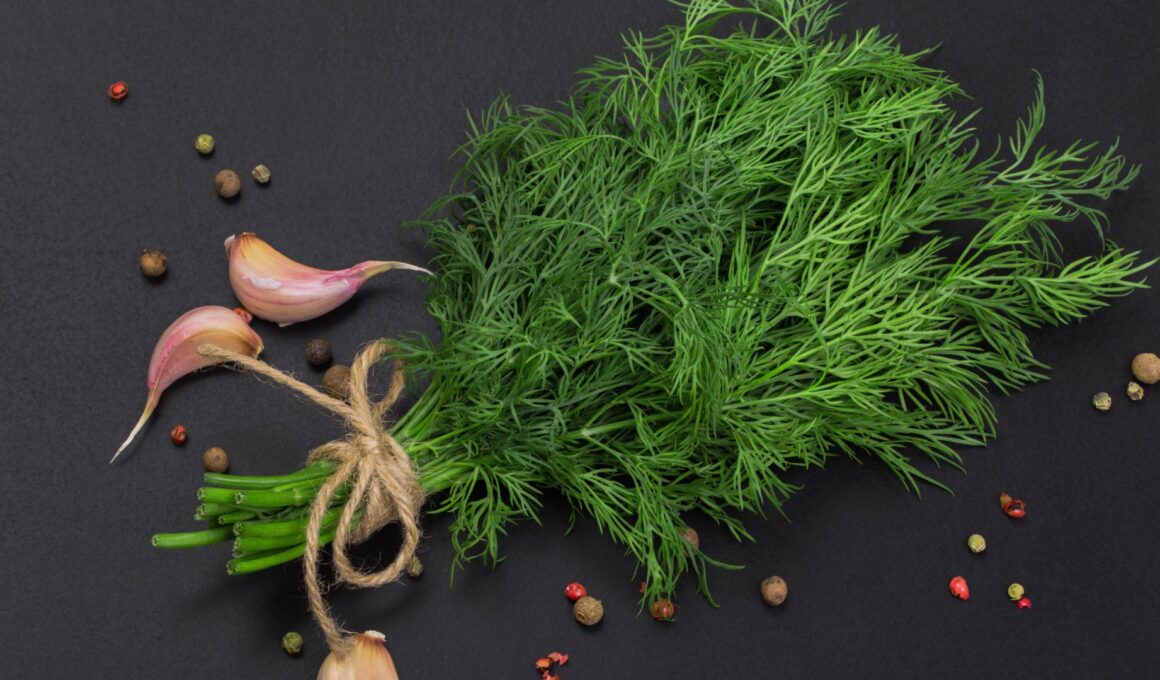With its crunchy, celery-like texture, and unique, licorice taste, fennel is one of the most underrated vegetables on the grocery store shelves. With an edible bulb, stalks, leaves and even seeds, fennel is a perfect partner for salmon and shellfish, and is most often used in Mediterranean cooking where it adds texture and depth of flavor to salads, pasta and vegetable dishes. Apart from its versatility, fennel is also really good for you! Here are a few of the health benefits of fennel.
Fennel is a rich source of antioxidants
‘Free radicals’ are particles that are formed as the byproducts of chemical reactions in your body. If not eliminated from the body, free radicals can cause damage to your DNA, and this in turn may lead to cancer. Fennel is a rich source of antioxidant phytonutrients, particularly rutin, quercitin and anethole; antioxidants are molecules that help to eliminate free radicals from your body. Anethole, in particular, also helps to reduce inflammation and in laboratory experiments on animal livers, has been shown to protect the liver from toxins.
Fennel is a rich source of vitamin C
We all know that citrus fruits like lemons, oranges, and limes contain plenty of vitamin C, but did you know that a single serving of fennel provides as much as 20% of your daily recommended amount of vitamin C? This vitamin is predominantly used to help support your immune system by fighting infections and promoting wound healing. Vitamin C is also an antioxidant, and helps your body to absorb iron in your food better, which helps to prevent anemia and fatigue.
Fennel helps promote digestion
Many adults do not eat enough dietary fiber on a day to day basis; over time this can lead to bloating, flatulence, constipation and digestive disorders. Fennel itself contains plenty of dietary fiber, so it’s a great food to include in your diet, especially if you have problems with any of these symptoms.
Particularly in India and Asian countries where a lot of spicy foods are consumed, fennel seeds are also renowned for their ability to settle the stomach and aid digestion – you might find in some Indian restaurants that you are offered a small dish of fennel seeds to chew after dinner.
Fennel can help improve cardiovascular health
Homocysteine is another byproduct of chemical reaction in your body, which, in high levels, can contribute to the development of a heart attack or stroke. Fennel is a great source of folate, a nutrient that helps to rid your body of homocysteine. Fennel also contains potassium, which can help to reduce blood pressure.
Tips for including fennel in your diet
Although the aniseed flavor of fennel is not to everyone’s liking, it is an underrated superfood that has many uses in cooking. Try adding sliced raw fennel to salads, to your burgers or sandwiches to add texture, crunch, and flavor. Fennel works really well with fish dishes and seafood pastas, or can be sprayed lightly with olive oil and char-grilled on a griddle pan. Caramelized fennel sautéed with slow-cooked onions is a wonderful side dish for salmon, and fennel seeds can also be lightly sprinkled into dishes to lift the flavor and add a little taste of the Mediterranean.




